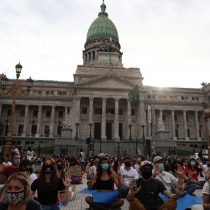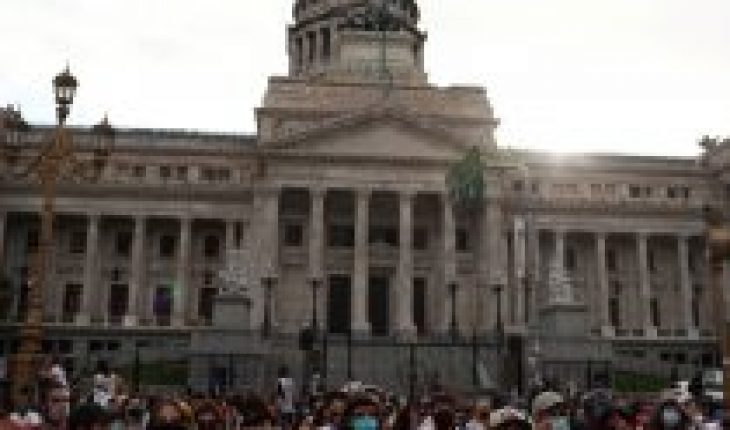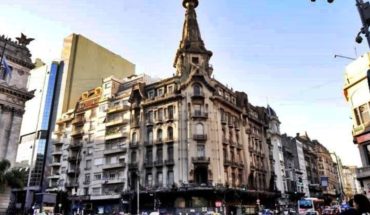
The trans-Andean country began in 2021 to leave behind a three-year recession, amid high inflation and problems with public debt. Although the polls do not favor him, the center-left president Alberto Fernández hopes that the economic reactivation and the accelerated vaccination against Covid-19 will allow him to obtain a good result.
“There is a scenario of a lot of parity,” Shila Vilker, director of opinion consultancy Trespuntozero, told Reuters.
As the main parties have already defined their candidates for the National Congress in many districts, the primaries will fulfill the function of a broad and precise survey to know what is the support that the Government that assumed in 2019 has.
“There is a presidential figure who needs to show good results, while in (the opposition) Together for Change the balance of power could be redefined,” Vilker added.
The ruling Frente de Todos aspires to expand its representation in Congress in November, where it controls the Senate and has the first minority in Deputies. But growing poverty and recent political scandals related to the management of the pandemic could make him lose the majority he holds in the Upper House.
“I notice that there is a great joy in people for everything that happens to us as Argentines. Apart from the pandemic, the economic situation is complex and less and less is being charged (as salary),” said Patricia Coscarello, a 52-year-old administrative employee since 25 de Mayo, a city 230 kilometers southwest of Buenos Aires.
The markets, more akin to a center-right administration than to the ruling Peronism, will follow the elections with attention. A defeat by the Frente de Todos could boost them again on Monday, following recent hikes.
“While there are many things to improve, the alternative that governed us previously (by Together for Change) made them all worse. I think the economic management in the pandemic was good,” Griselda Picone, a 60-year-old housewife from Buenos Aires, told Reuters.
The low level of participation expected in the primaries, due to the apathy of Argentines and the difficulties in voting that the protocols could generate due to the coronavirus pandemic, makes the result unpredictable.
“I’m going to vote for the opposition, without being absolutely convinced. But I think that what Peronism proposes has led us since the 70s to this part to an escalation of both economic and cultural backwardness,” said Jorge Prinz, a 54-year-old architect, in Buenos Aires.
It is expected that when the political doubts are cleared, after the November elections, the government will accelerate talks with the International Monetary Fund (IMF) to renegotiate the payment of 44,000 million dollars that the agency lent to Argentina three years ago.
In the elections of November 14, 127 deputies will be renewed out of a total of 257 and 24 senators of the 72 that make up the Upper House.
“I don’t trust any political party or candidate, the campaign didn’t convince me,” said Tomás Caironi, a 22-year-old student.
The first official primary results are expected Sunday night.





